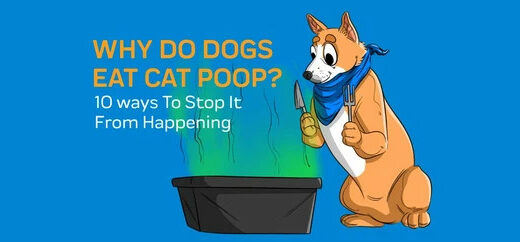Veterinarians ought to offer their clients all options, including the very best and most expensive – and let clients decide for themselves.
Those who sell a product or a service will likely judge their clients or customers, regardless of whether they do this consciously or subconsciously (likely both). Let’s explore this seemingly surprisingly complex issue and its impact on veterinary care.
What we mean by “judging”
Being a veterinarian myself, I will focus this discussion towards and about veterinarians. Like it or not, veterinarians are salespeople. We sell products and we sell services. Our success comes from our clients purchasing such products and services. This is as true for the veterinary field as it is for any type of business.
We judge clients based on their appearance, mannerisms, words spoken and so on. We may do this consciously or subconsciously, innocently or maliciously, appropriately or inappropriately. Our pre-emptive judgment on clients then affects our actions and thoughts as doctors. For instance, doctors will hold off on offering certain products and services and push for other products and services based on this judgement. Since the majority of pet owners are not medically trained, most clients are unaware of what they are not being offered, or why they are being pushed towards other options. Further, because the pet owner is unaware, the doctor does not receive constructive feedback on their behavior; in this way, this cycle continues.
When we judge a client we make assumptions about whether they can or cannot afford products or services, and whether they want or don’t want these products or services. So when we judge the client, we not only have limited what their options may be for their pet, but we implicitly have already have made the decision for them, to a certain extent. We feel this is justified because our judgement of them is rarely, if ever, questioned; nobody calls out the veterinarian on the behavior. Additionally, there are typically no long-term consequences of this judgement so there is no reason to change the behavior.
Judging often comes in the form of assuming a client cannot afford available options. Judging also may come in the form of assuming a client will not or should not pursue a specific option for their pet because the medical provider wouldn’t perform such a procedure on their pet or utilize such a product on their own pet. I am confident there are other categories of judgement relevant in veterinary care, but these two are by far the most common types, in my experience.





